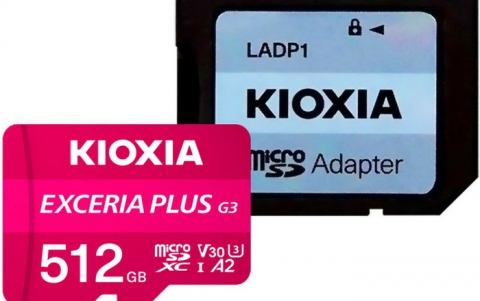What Are The Similarities Between The Metaverse And The Matrix?
Besides sunglasses, leather trench coats, and black clothing, The Matrix was known for being a landmark movie that redefined cinema as we know it.

It combined sleek gunplay with flashy martial arts moves and introduced us to Keanu Reeves' Neo, a.k.a Mr. Anderson. He was an everyman who was searching for something more before he was introduced to Morpheus and the concept of the Matrix.
Neo was then thrown into a world where he was granted superpowers that turned him into a God and allowed him to master anything almost immediately.
And right after that, Warner Bros churned out a series of lackluster sequels that never lived up to the hype of the first movie.
Escape
One memorable scene occurs between Hugo Weaving's Agent Smith and Joe Pantoliano's Cypher, where he declares that "Ignorance is Bliss." This happens over dinner, and Cypher agrees to betray Neo and Morpheous in exchange for a chance to return to the Matrix.
While most viewers would have derided Cypher for his betrayal, it shows us why the Metaverse is an appealing option for today's generation. You can read more about the Metaverse here: blog.tezro.com/what-is-metaverse-crypto/
In a world where we're constantly bombarded with bad news and the stresses of life, escape from reality is becoming an increasingly appealing option.
Where in the past, people took vacations, the metaverse now provides us with an easy and affordable way to leave our current circumstances behind. This can be seen in the popularity of games such as The Sims and Second Life which allows players to create alternative lives for themselves.
While current metaverse platforms are nowhere as realistic as The Matrix's simulations, we can see the appeal that it offers users.
In the metaverse, users are free to create their avatars and customize their appearances, allowing them to create the perfect embodiment of themselves without any constraint.
Like in The Matrix, Cypher asks that he be brought back into the Matrix as a wealthy celebrity without recollections of his past life. In essence, he's asking for an escape from the misery that is real life.
Creating New Worlds
Another similarity between the metaverse and the Matrix is how entire worlds can exist in a purely digital environment.
While the Matrix was created as a way to keep the entire human population docile, the metaverse has a much more benign purpose. Rather than enslaving humanity, the metaverse is instead a form of virtual reality that allows users on the internet to connect.
And in the metaverse, participants can open businesses, play games, create assets, and interact with one another. But unlike the Matrix, the metaverse is not interconnected. Instead, it consists of a network of different independently existing applications and platforms.
But, just like in the Matrix, users can create their realities and customize their avatars to their exact tastes. And this again contributes to its appeal due to the escapism offered by the metaverse.
Some Considerations
Although the metaverse is one of the most exciting tech developments in recent years, several serious issues must be addressed.
First off is the risk of digital addiction — a condition that comes about when the patient becomes dependent on digital devices and stimuli.
A study has found that around 420 million people suffer from it, and as the metaverse becomes more immersive, we can only expect digital addiction numbers to rise.
Finally, the lack of enforcement and control over the metaverse is another major issue, with incidences of racism and abuse running rampant. And if left unchecked, what was once a brilliant idea will quickly devolve into a wretched hive of scum and villainy.
While the Matrix was an excellent movie, you probably wouldn't want to live in a world where a machine controls your reality.





















